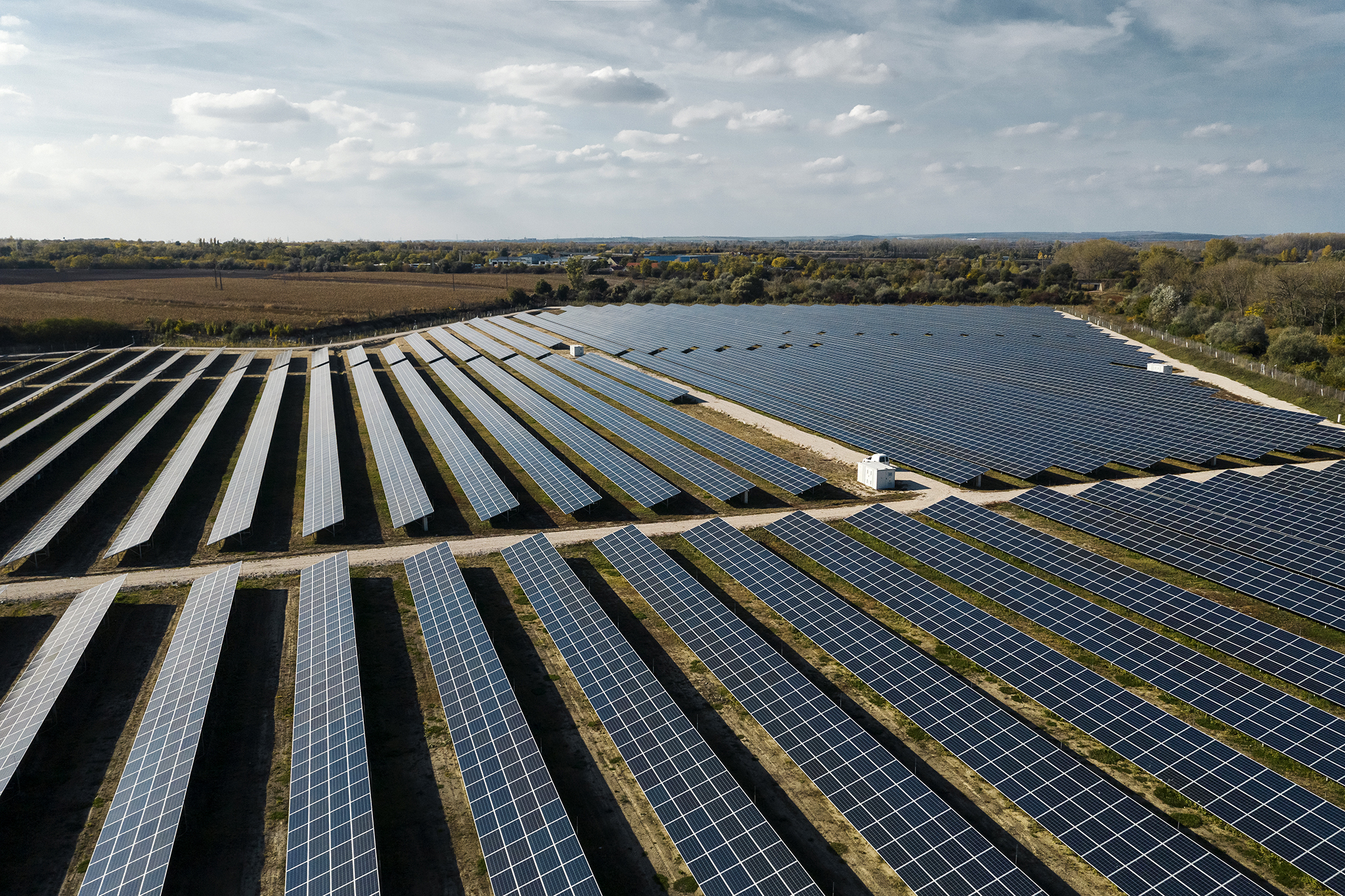
Source: Budapest Business Journal
“The energy transition is more than a trend; it is the most complex transformation of our time. And it is still very much unsolved,” Eszter Szekeres says.
The past few years have brought volatility but also clarity. “During the energy crisis, we were all firefighting. In 2024, the sector finally regained its long-term perspective. Now the real work begins: building a stable, affordable, and sustainable energy system while navigating in a turbulent regulatory environment.”
Hungary and the broader region are undergoing the same shift as the rest of Europe: a rapid increase in renewable capacity is forcing a rethink of electricity market structures, grid balancing, and investment frameworks. “Every player, whether the utilities, regulators, investors, customers, or traders, has ideas, but we still think in silos. The future should be built on alignment.”
Commitment to a Greener Future
MET Group has already committed a significant portion of its recent investments to green projects. “While we are actively building our renewable portfolio, we also contribute to the energy transition with almost two decades of industry knowledge and experience; we believe that the market approach is key to designing a stable yet forward-thinking regulatory framework. Sustainability only works if it’s practical and affordable.”
Szekeres believes that while sales plans and assets are essential, the heart of the business lies in its people. “If you work in the energy sector today, you are actively shaping and, at the same time, reshaping the future. Only in few industries is the impact of your work this tangible, with that kind of immediate relevance.”
Her own career in energy started by chance, not by design. “I saw a job ad at university and joined MOL as an intern in 2008. After two weeks of reading policies, I almost quit. Then, I got a business modeling project that completely changed my view. I saw the challenge, and I saw the potential. That’s when I knew I’d found something worth building a career around.”

Building an Inclusive Corporate Culture
Now, people and culture are at the top of the company’s agenda. “We have built a place where company purpose meets personal ambition,” MET Hungary’s CEO explains. “A few years ago, we weren’t sure if we could find the right candidates; our standards were high, and we were looking for more than just qualifications. Now, the most talented are seeking us out because they hear about the work environment we have created.”
MET Group’s corporate culture is intentionally inclusive. But it also requires daily effort. “We operate with close to 60 nationalities across the group. Though cultural diversity is a strength, we have built a culture where ambition drives us, competence grounds us, and collaboration moves us forward.”
She acknowledges how younger colleagues are reshaping expectations. “We see a new generation that draws clear personal boundaries and isn’t afraid to define them clearly, that values a work-life balance and demands a more respectful rhythm. However, they also see that at MET, we work hard and expect a lot. So, our common challenge is finding a way together to build bridges across generations, gaining more and more great experiences every day.”
As for what’s next, Szekeres is realistic. “The answers to future challenges won’t be simple. They’ll be layered, combining renewables, flexible and indexed contracts, energy efficiency services, digital tools, innovative product solutions and, above all, intense and forward-thinking conversations among market players in this highly volatile geopolitical climate. Our customers from various industries are the key to building a competitive, low-carbon Europe, and we need to contribute to their sustainable and stable operation via value-driven long-term partnerships,” she says.
